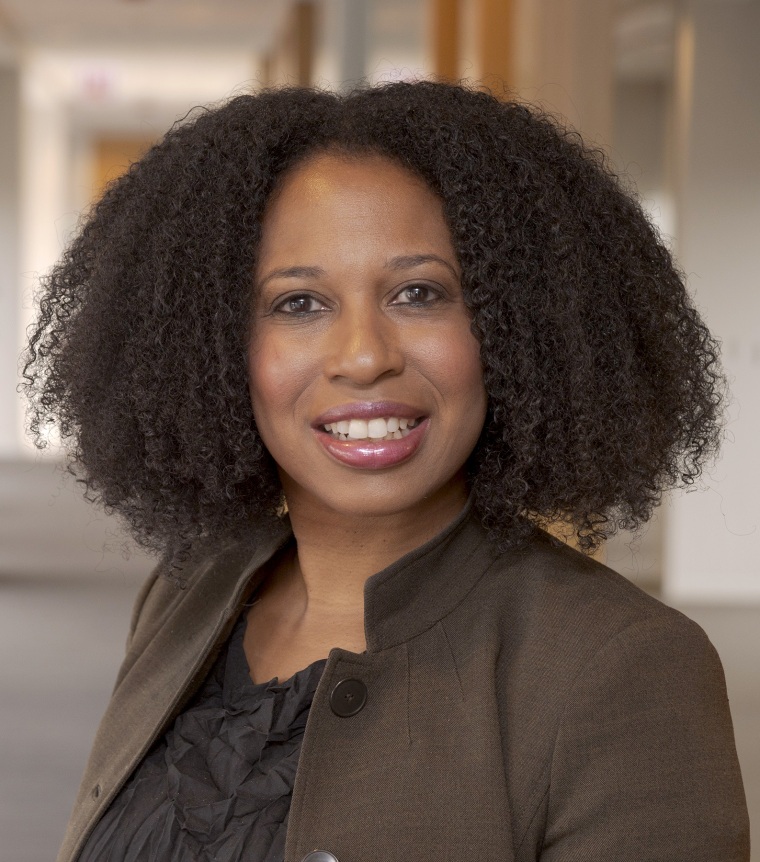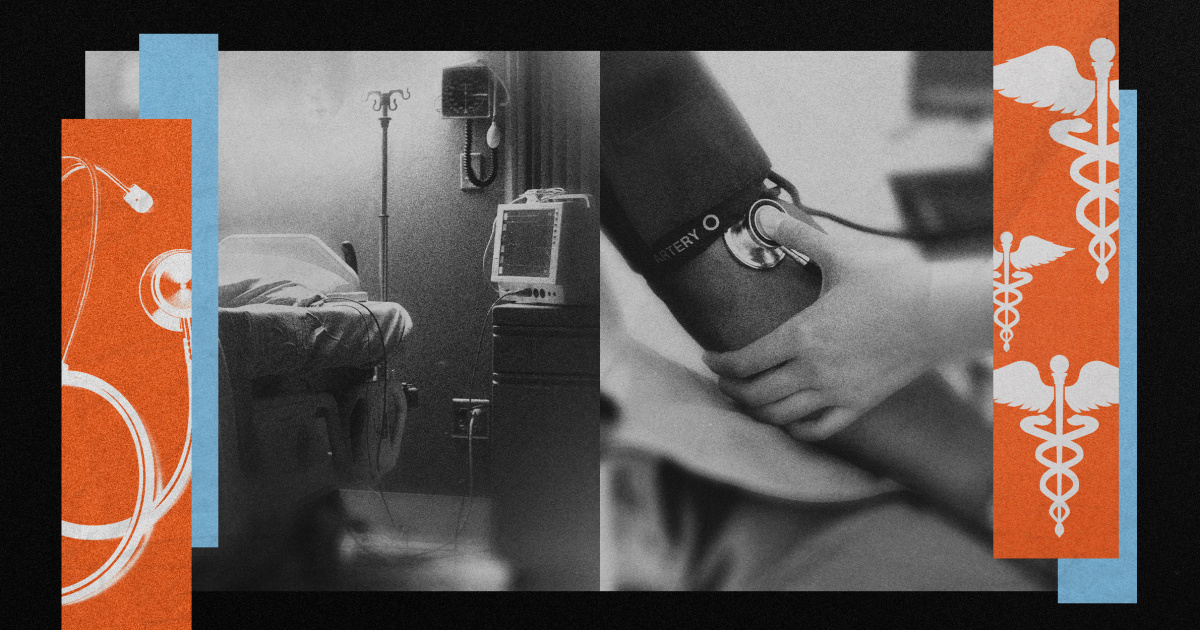Dr. Aletha Maybank joined the American Medical Association as its first chief health equity officer in 2019, determined to fight racial disparities in medicine.
That work grew more urgent in 2020 as the Covid-19 pandemic exposed deadly inequities in health care, and as George Floyd’s murder turned the country’s attention to the pervasiveness of systemic racism. The AMA issued a statement decrying racism as an urgent threat to public health, and Maybank focused on the organization’s efforts to “dismantle racist and discriminatory policies and practices across all of health care.” That included supporting training for medical workers on implicit bias, as well as advocating for solutions to problems that had not traditionally been a focus for the organization, such as housing inequities and police violence.
But by the fall of 2021, these equity initiatives were facing growing pushback from pundits, think-tank researchers and doctors — both liberal and conservative — who contended that the medical organization had overstepped its mission of supporting health care professionals and was now embracing a “woke” ideology. And out of public view, that backlash was turning vicious — particularly for Maybank.

After the AMA issued a communication guide last October describing words and phrases that doctors should avoid so as not to offend certain groups of patients, messages directed at Maybank, who is Black, escalated from trolling on social media to threats of violence. Maybank said she arrived home to discover someone had spray-painted a vulgar death threat on her front door in New York. The AMA hired a security detail for her and scrubbed her online presence in an attempt to restore her privacy.
“When it comes that close, it’s really scary,” Maybank, a physician who is also an AMA senior vice president, said of the harassment. “But I think it’s just really important that people do know about it — I’m not the only one.”
Over the past two years, the medical establishment has placed an unprecedented focus on addressing the barriers to medical care, and the poor health outcomes that people of color frequently face, according to Maybank and a dozen other doctors and academics who are doing this work. But these medical professionals, researchers and advocates have also experienced unprecedented pushback, ranging from lawsuits and attacks on cable news to harassment and death threats.
The barrage of criticism is the latest extension of the national furor over the teaching of racial history and the role of racism in American society, sometimes simplistically summed up as “critical race theory,” which has forced educators out of their jobs and overwhelmed school boards with legal claims. It’s also an extension of the harassment and threats public health officials have faced over pandemic mitigation policies.
Doctors and academics working on anti-racist initiatives say they’re exhausted and on edge — particularly after an extremist group protested outside Brigham and Women’s Hospital in Boston in January. The demonstrators


